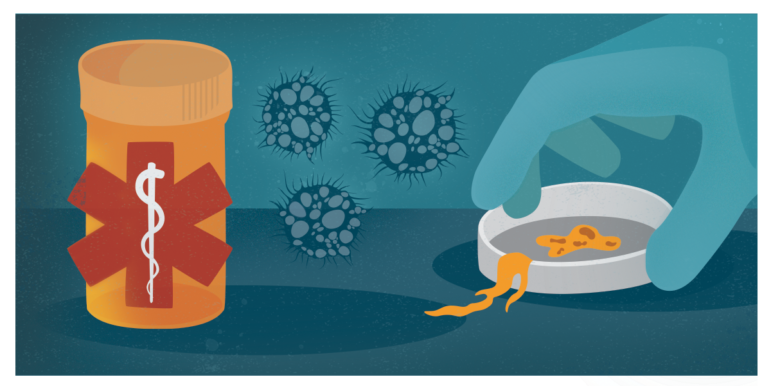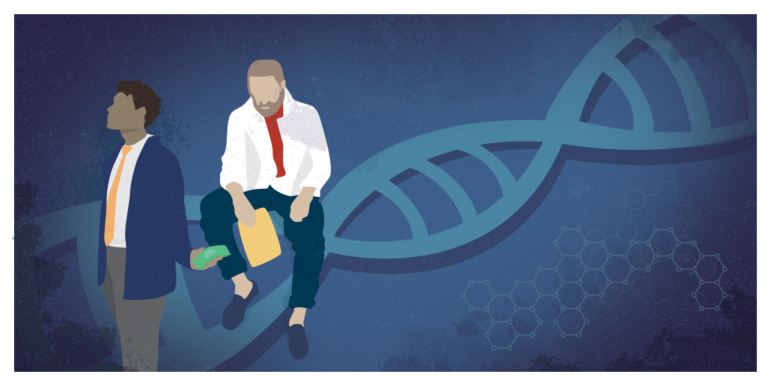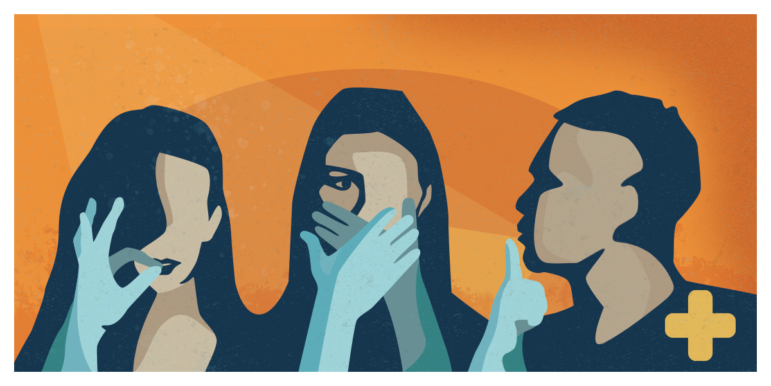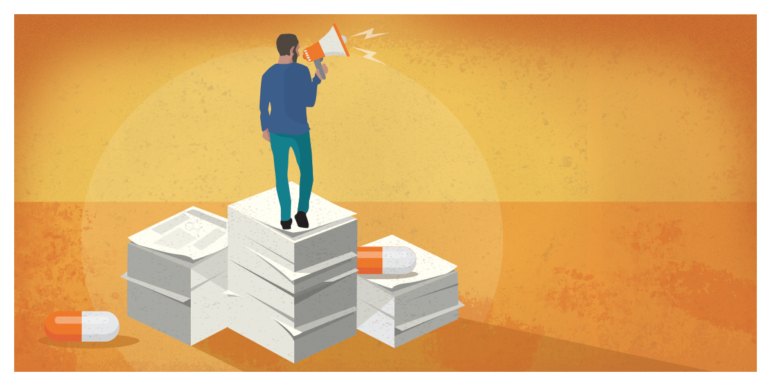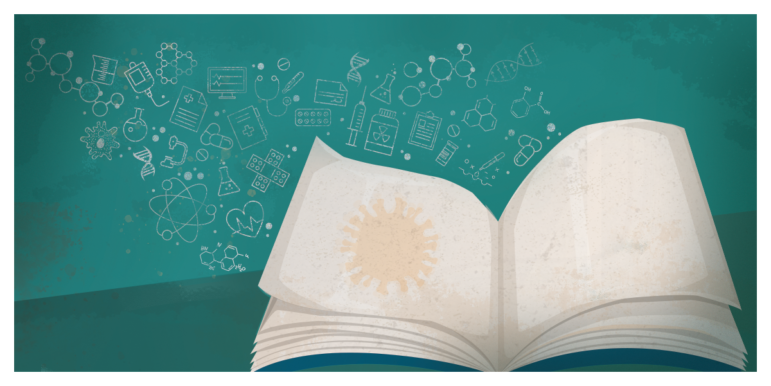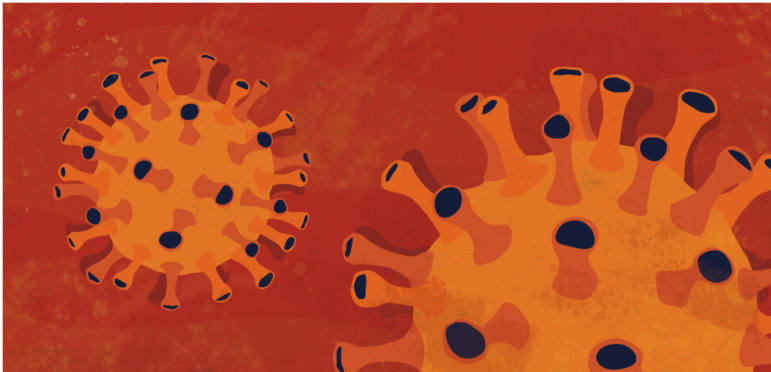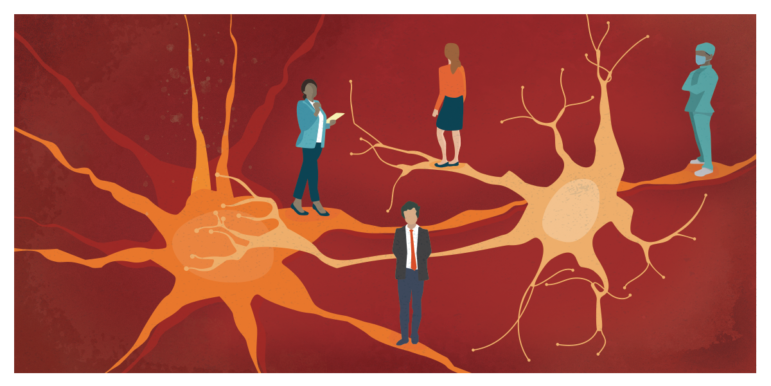Resource Tipsheet
Investigating US Government — and Trump Administration — Influence in Your Country
The US government engages with virtually every country in the world and each new president can radically change its policy. Here’s GIJN’s updated tipsheet on digging into global US influence.

